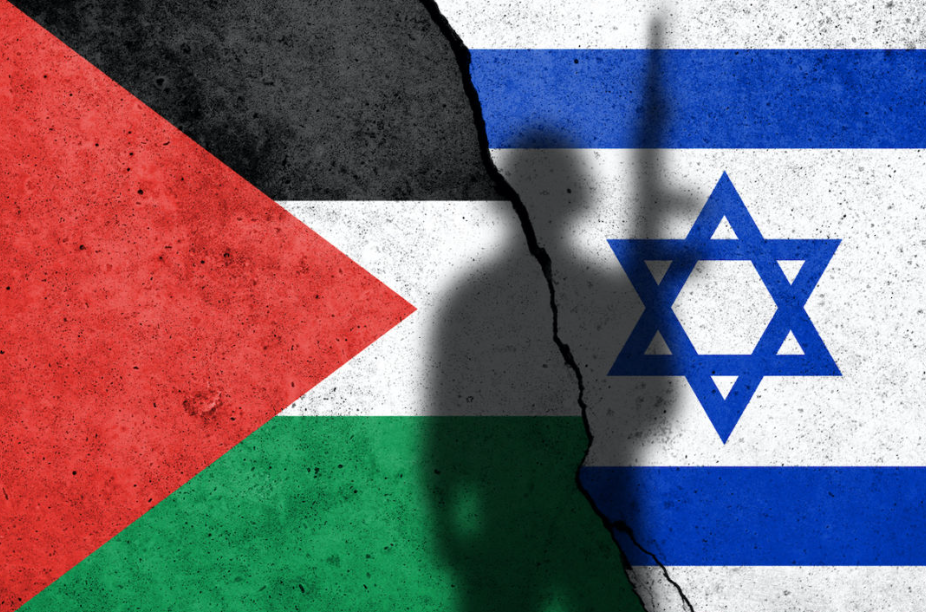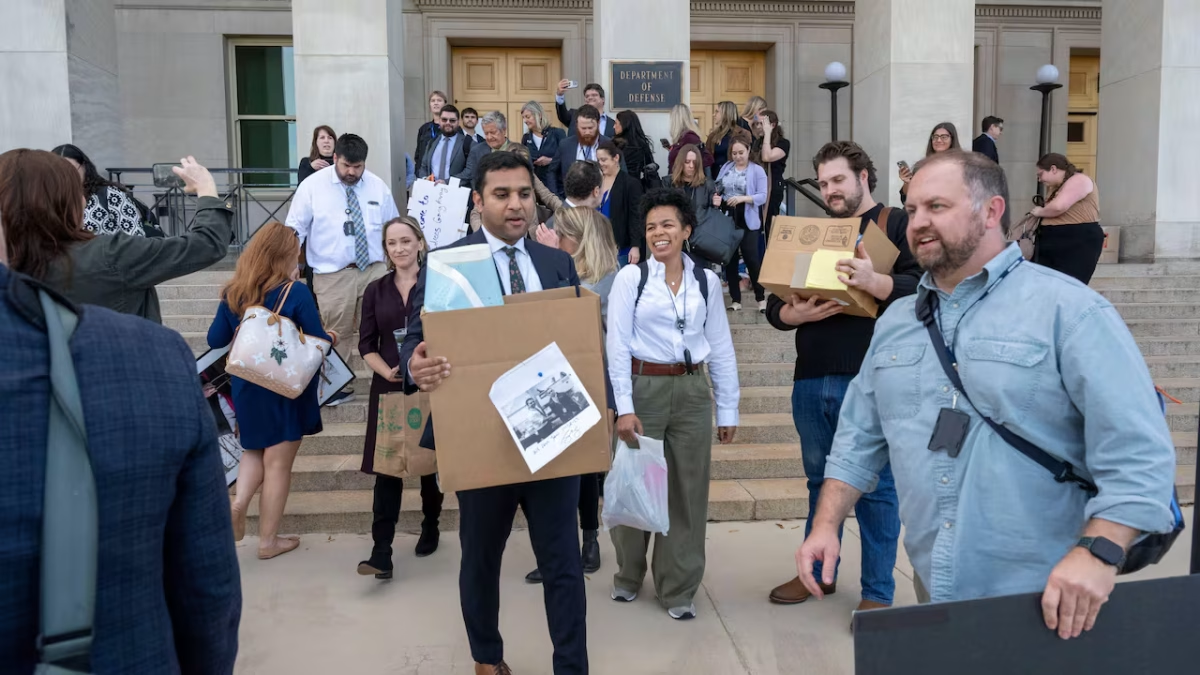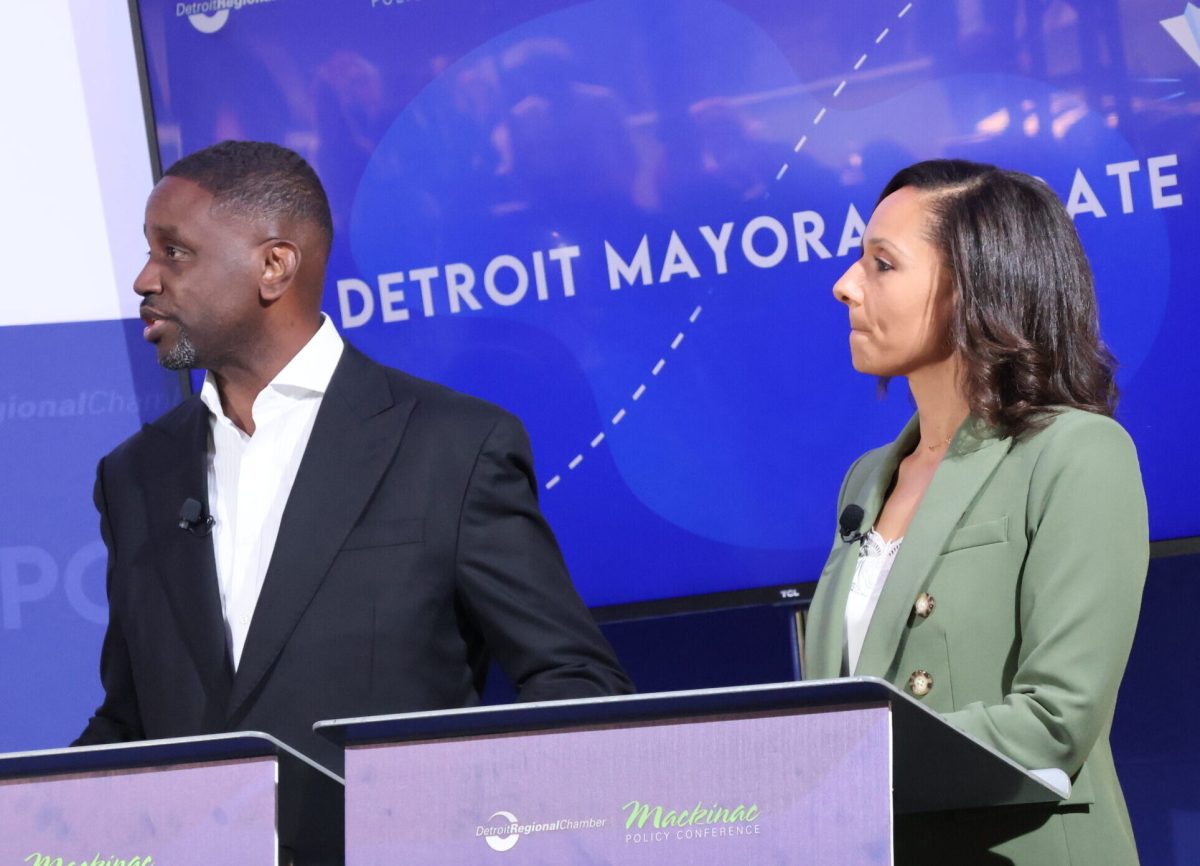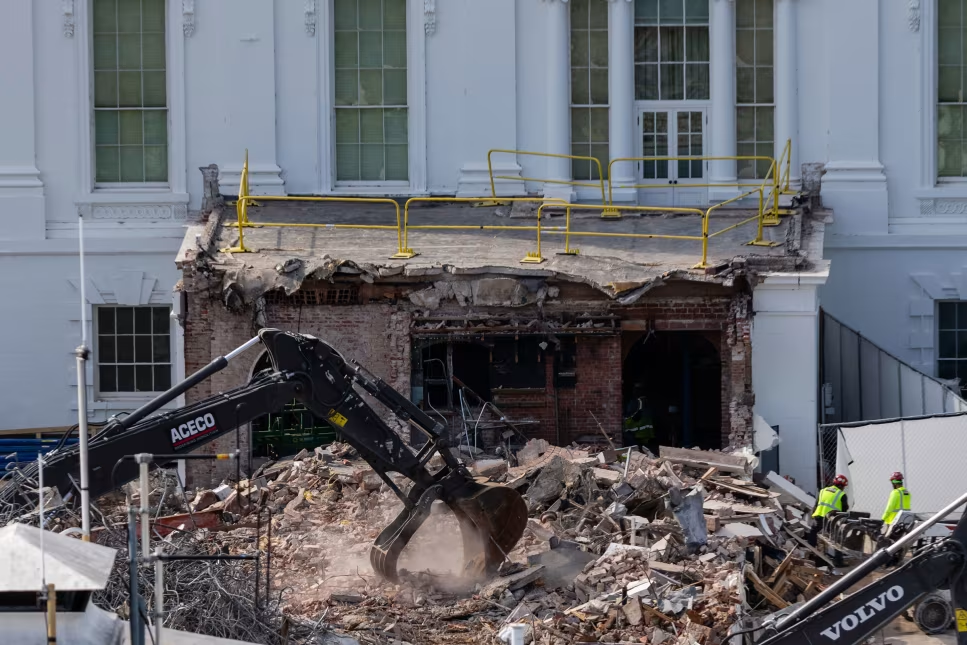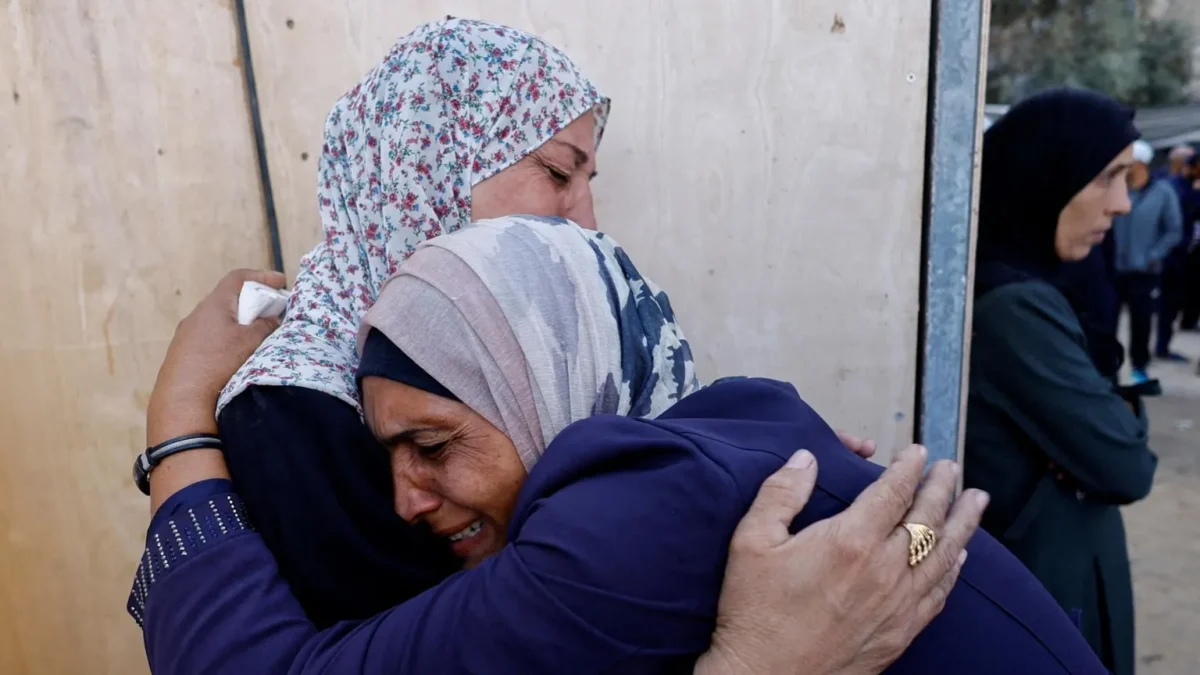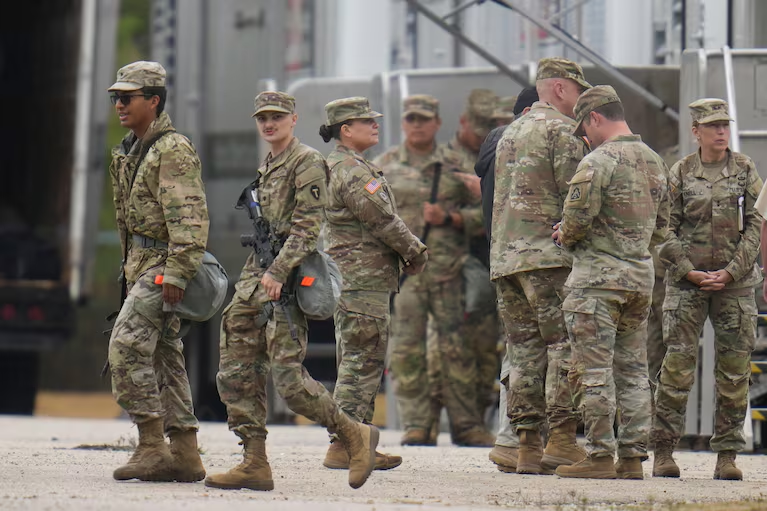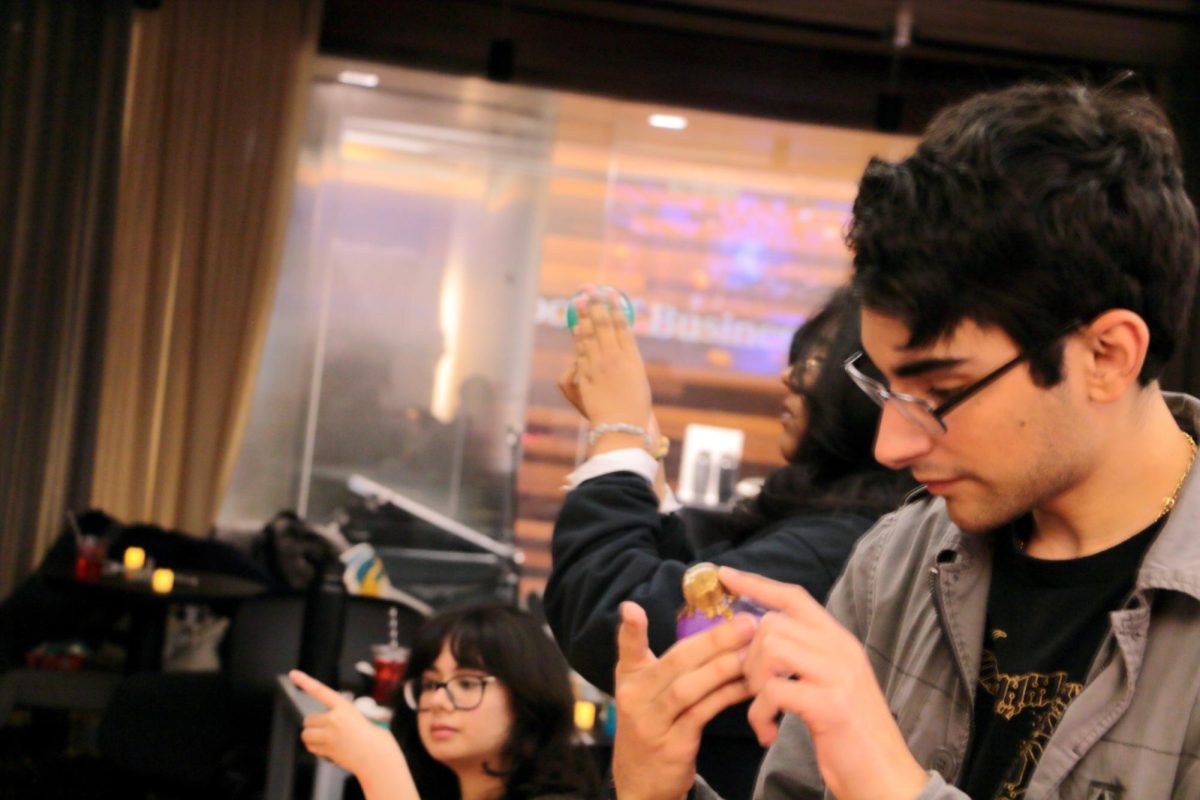On Saturday, Oct. 7, members of the militant group Hamas that governs the Gaza Strip sitting on the Mediterranean Sea attacked multiple Israeli border checkpoints, southern towns and a music festival, with current estimates placing the death toll at 1,200 and 2,900 injured. In addition, at least 100 people have been taken as hostages by Hamas.
Israel has begun a bombing campaign that has resulted in an estimated 1,417 dead and 6,000 injured. While we don’t know how deadly this conflict will be, statements have been indicating how far we can expect this to go.
Israeli Prime Minister Benjamin Netanyahu said, “Citizens of Israel, we are at war” and “We return fire of a magnitude that the enemy has not known.” The Defense Minister of Israel, Yoav Gallant, went even further, saying, “I have ordered a complete siege on the Gaza Strip. There will be no electricity, no food, no fuel, everything is closed,” and that “We are fighting human animals and we are acting accordingly.”
There has been an immense amount of suffering within Israel and Palestine since long before these recent attacks. In hopes of any positive end to this conflict, it’s more important to understand what led up to this recent attack and what main issues the Palestinians have.
We need to look before the founding of Israel and instead to the period after World War I when the League of Nations gave control of Palestine over to Britain in 1922. The official purpose was to govern the Palestinians until Britain thought they were ready to govern themselves.
Britain has been immigrating its Jewish population into the region of Palestine without the Palestinians’ consent. Palestine saw a rise of the Jewish population in the region from 3% in the 19th century to 30% in 1944 as the Zionist movement wanted to make the region of Palestine their state.
Hamas saw the movement of Jewish people into Palestine as a form of settler colonialism, a process where a colonizing group comes into another people’s land to settle in that land permanently.
What makes something settler colonialism rather than immigration is the colonizer group is directly supported by another country, or they are former citizens of that country. Settler colonialism also has to be violent, genocidal and involves ethnic cleansing or the forced removal of an ethnic or religious group from a place.
It’s important to note the history of persecution and genocide committed against Jewish people, returning to the most well-known example in the Holocaust. Knowing the history of persecution against Jews helps to understand where the idea of a Jewish state comes from.
In 1947, a United Nations mandate formed a state of Israel and a Palestinian state, in which a war broke out between Israel and several Arab states. Palestinians disapproved of the mandate, seeing it as a violation of sovereignty as it gave away land owned and lived in by Palestinians to form Israel. This saw 700,000 Palestinians flee their homeland, now controlled by Israel.
This mass exodus of Palestinians, the 15,000 killed and the over 500 villages destroyed, would be known as the Nakba, or “catastrophe” in Arabic.
The Nakba and further conflicts between Israel, Palestine and various Arab Nations would see 77% of the Palestinian territory set up from the U.N. mandate taken by Israel in the 1948 war. In 1967, Israel would preemptively attack Egypt and Syria, ending the Six-Day War. This saw Israel now occupying the Palestinian territory of the Gaza Strip — where Hamas is located — the West Bank, the Arab-controlled East Jerusalem from Jordan and the Golan Heights from Syria.
It wouldn’t be until 2005 that Israel ended its occupation in Gaza. Still, even afterward, there would be regular bombings of Gaza, often in retaliation for rockets fired over the wall between Gaza and Israel by Hamas. Israel would then go on to invade Lebanon in 1982 in an attempt to eliminate the Palestinian Liberation Organization (PLO).
In 1983, a group called the International Conference on the Question of Palestine (ICQP) laid out some principled issues for Palestinians, including the creation of Jewish settlements on Palestinian land, the status of Jerusalem as an important holy site for Christians, Muslims and Jews, the right to statehood through internationally recognized borders and a guarantee of the protection of the rights of Palestinians.
The right to return would also be very important for Palestinians as most Palestinian descendants were made refugees in various Arab nations.
There would be attempts at peace negotiations later on that amounted to little. There would also be two instances of mass uprisings called Intifada by Palestinians in their occupied territory — one in 1987, which saw mass loss of life from Palestinians, and a second in 2000, which saw a series of suicide bombings against Israeli citizens by Hamas.
There would continue to be rocket and retaliatory strikes by Israel between 2008 and 2023 that saw about 6,407 Palestinians killed and 152,560 injured, and 308 Israelis killed and 6,307 injured. The expansion of Israeli settlements into Palestinian territory continues to this day as well.
There are several takeaways from this conflict.
While Hamas has committed many acts of terrorism and has killed thousands of Israelis, their ability to commit violence is a fraction of what Israel can commit and has committed against Palestinians. Israel also commits violence in flagrant violation of International Law and continues to commit horrific acts of violence with white phosphorus, an incendiary weapon that leaves severe burns. In a place like Gaza — this will harm significant numbers of civilians.
Israel can do this with the protection of the U.S., which has fully supported Israel’s attacks on Palestine. The U.S. has sent a carrier strike group with the stated purpose of aiding the hostage situation and likely as a means to dissuade other actors like Hezbollah from joining the conflict on the side of Palestine. This has made the U.S. complicit in ethnic cleansing and possibly genocide.
Israel has now ordered the evacuation of over 1 million people from the northern end of Gaza, which has been constantly bombed for nearly a week in preparation for what is most likely a ground invasion. This order has been called “impossible” by the U.N. as the people in Gaza lack the food, water, or energy to make such a trip in a war-torn environment in a 24-hour timeframe.
Gaza is also a place where almost half of the population is under 18, and almost none are apart of Hamas, yet they have been attacked as if they were terrorists.
After acknowledging what harm has been committed throughout this long-standing conflict and who currently can do the most harm, we need to meet the demands of the people of Palestine as much as possible. The stealing of land and the super retaliatory strikes against Palestinians must end if any positive change is to occur.
Sites like Jerusalem, which are so religiously significant to multiple religious groups, can’t be controlled by one group.
We should also acknowledge the history of the Jewish and Palestinian people that led to this conflict to understand where both sides are coming from. No past persecution morally justifies future attacks against civilians from any side, regardless of whether it’s seen as a fight against colonialism or a fight to protect a people that has been historically persecuted.
Hopefully, with some understanding of the history of the conflict, we can move past siding with one group or the other and acknowledge the humanity and wishes of everyone so that we can come to a better outcome.



